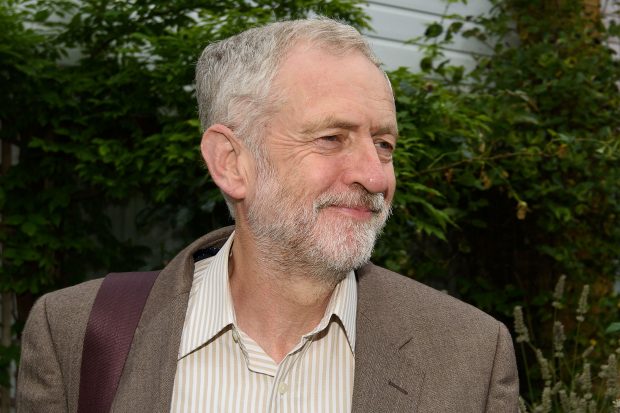After the 72 hours that he has had, I suspect that Jeremy Corbyn is quite relieved to have got through his exchanges with David Cameron unscathed. The evening news tonight will be far better for Corbyn than it was yesterday.
Corbyn, who was making his debut at the dispatch box, began by announcing that he wanted to change the style of PMQs and that he had got members of the public to email in questions. He proceeded to ask Cameron half a dozen of them. Cameron, who could hardly attack the question in these circumstances, answered respectfully and with only the odd jab at Corbyn which will have been a relief to many on the Labour benches.
But this tactic of Corbyn’s is a purely defensive one: It is the political equivalent of bowling wide of off stump and hoping the batsmen loses it and takes a wild swing at one. In this new format, there are no follows ups so no pressure is put on Cameron. Given that PMQs is the opposition’s big chance to put the Prime Minister under pressure, this is a major flaw in Corbyn’s approach. Though, I suspect that viewers of the news tonight will find Corbyn’s style refreshing.
The moment of maximum impact, though, came later in the session when Nigel Dodds, the DUP MP, asked Cameron about John McDonnell—Corbyn’s campaign manager and now his shadow Chancellor—saying that IRA terrorists should be honoured. Cameron was restrained in his answer, concentrating not on attacking McDonnell but on talking movingly about Airey Neave and Ian Gow, two MPs killed by the IRA. But the Labour benches were visibly uncomfortable during the exchange, knowing that a man who has said such an obnoxious, distasteful thing is now their shadow Chancellor. It was a reminder that even if Cameron doesn’t bring them up at PMQs, there are 30 years of hard left statements by their new leader and his allies that will come back to haunt Labour over the next few months.







Comments